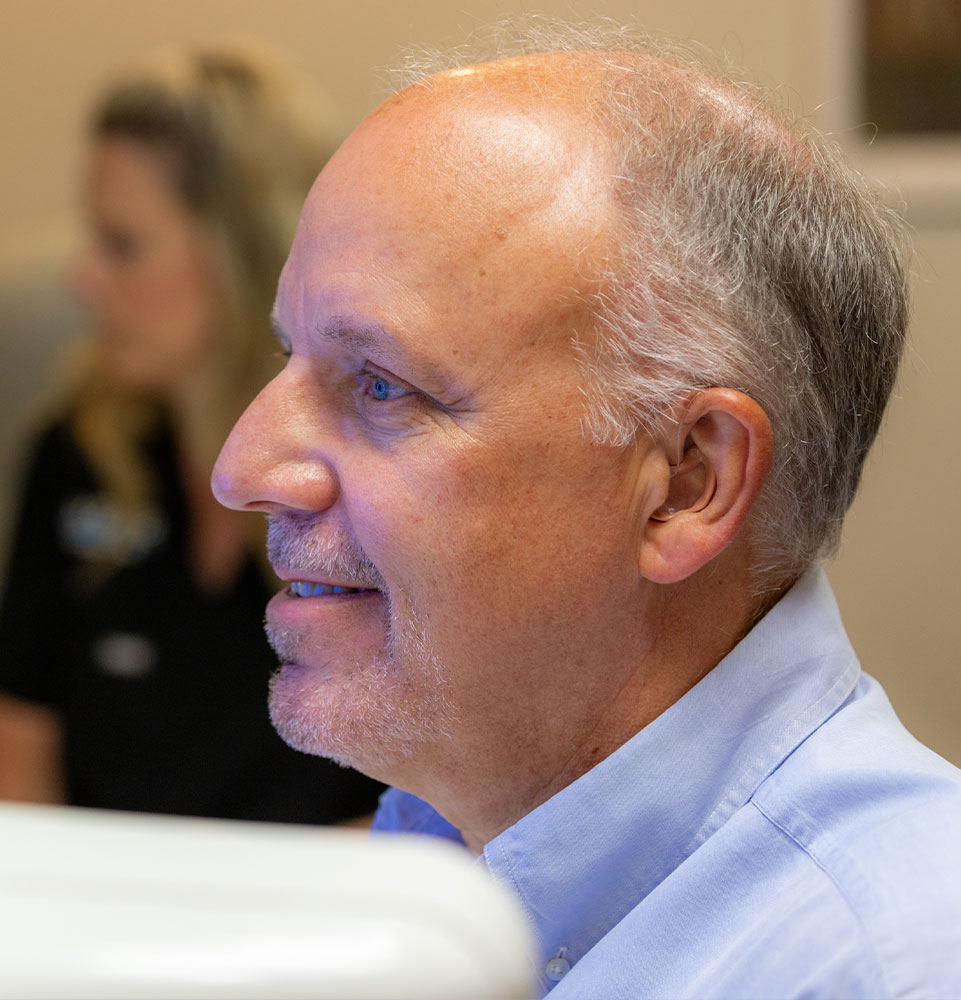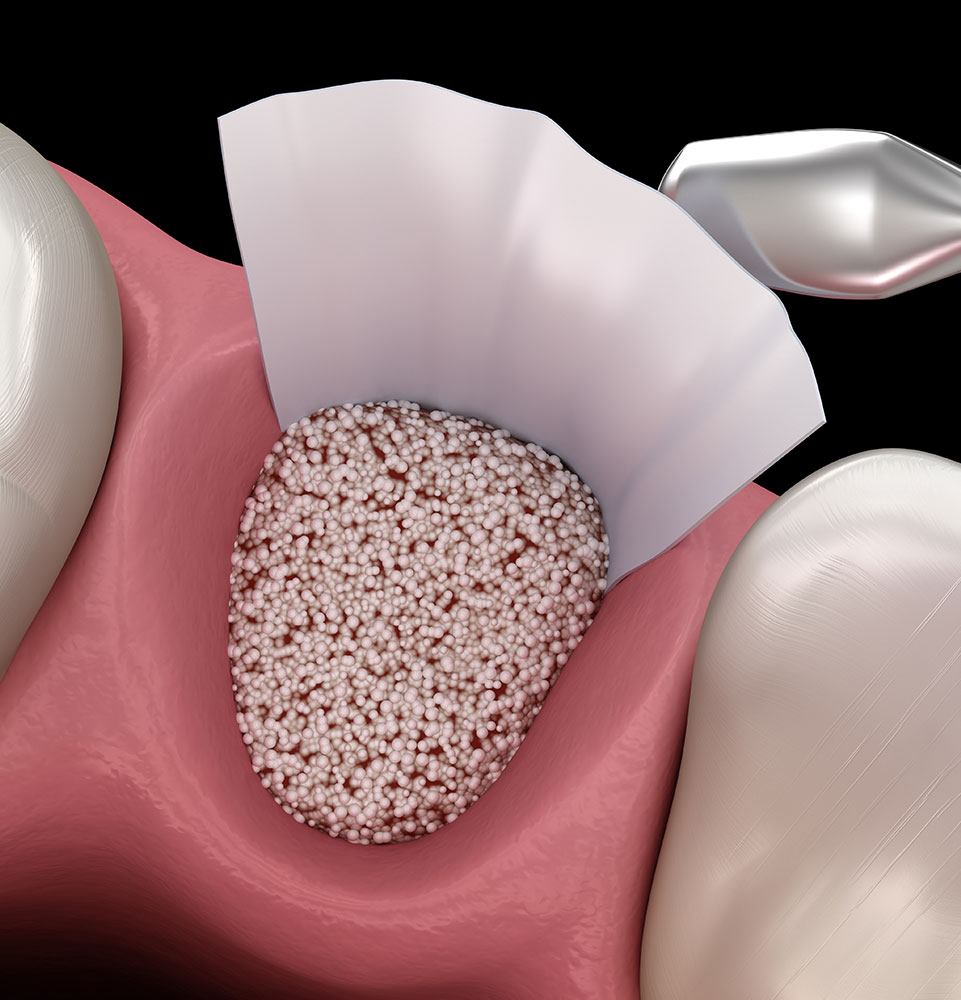Oral Surgery - Charlotte, NC
Comprehensive Care
Doesn’t Stop at Surgery

What Is Oral Surgery?
Oral Surgery is the simple way to describe what an oral surgeon is capable of doing. An oral surgeon is actually an Oral & Maxillofacial surgeon who is trained to help patients suffering from medical and dental needs. Oral surgeons are the only surgeons trained in anesthesia and were on the forefront of outpatient anesthesia care.
Learn More About The Association of Oral and Maxillofacial Surgeons

Our Oral Surgeon Treats:
- Wisdom teeth
- Replacing missing teeth
- Reconstructing bone & soft tissue
- Repairing facial trauma
- Treating oral pathology
- Correcting facial growth
- TMJ issues
- Facial congenital defects
- Facial cosmetics

Our In-Office
Surgical Procedures
Our Surgical care often requires the need for specialized equipment, materials and anesthesia. Our surgical suites are tailored to providing you a comfortable environment while having the space to care for you. The surgical suites are an important reason why we can address your needs with comfort in a state of the art facility. Our team is highly trained not only with your surgical care but also your anesthesia needs. Ask us about our facility, credentials and experiences.


No Fear
Surgery
We understand that the idea of receiving oral surgery in Charlotte, NC may cause some of our patients to feel nervous and worried. This is normal! But know that our dentists are trained in the latest techniques and keep your surgery as minimally invasive as possible. We take extra measures at Sharma Oral Surgery to make you comfortable at your appointment, too, so you can feel relaxed and calm during your procedure.

Dr. Sharma Discusses Combating Dental Fear
Common Oral Surgery Procedures

Tooth Removal
The loss of a tooth is sometimes necessary. A surgeon can remove a tooth while protecting the other teeth, bone, and gums in the area. The goal is to remove the tooth and once the area heals make the area look like nothing happened so you can replace the tooth.

Bone Grafting
The biggest downfall of losing a tooth is that if nothing is done the bone used to support the tooth shrinks away. This volume of bone is necessary to support many dental tooth replacement options including dental implants. We can prevent the loss of this bone and when necessary, reconstruct this missing bone to help patients replace teeth.

Dental Implant Surgery
Dental implants are a permanent replacement for missing teeth and are made up of three parts—the base, abutment, and restoration. Dental implant posts are surgically inserted into the bone to secure a new tooth or set of teeth. Modern dental implant surgery is precise, especially when CT guided technology is used. This is why the combination of surgical expertise & technology are so important in creating a custom solution for you.

